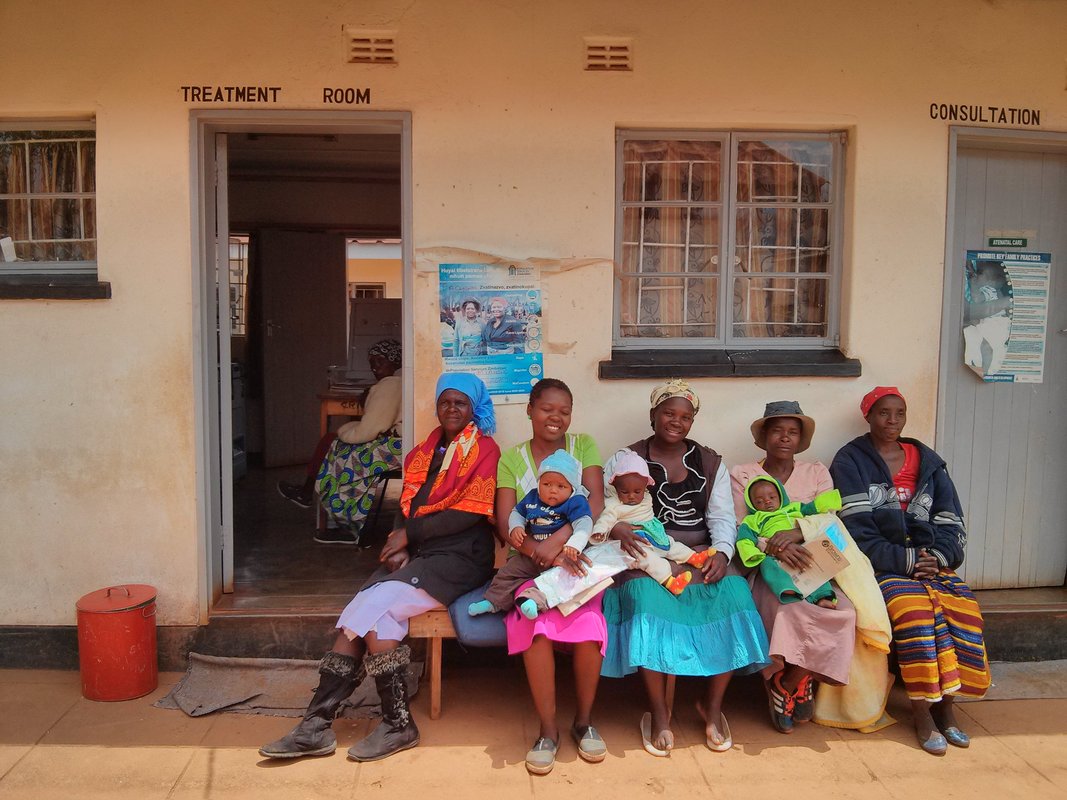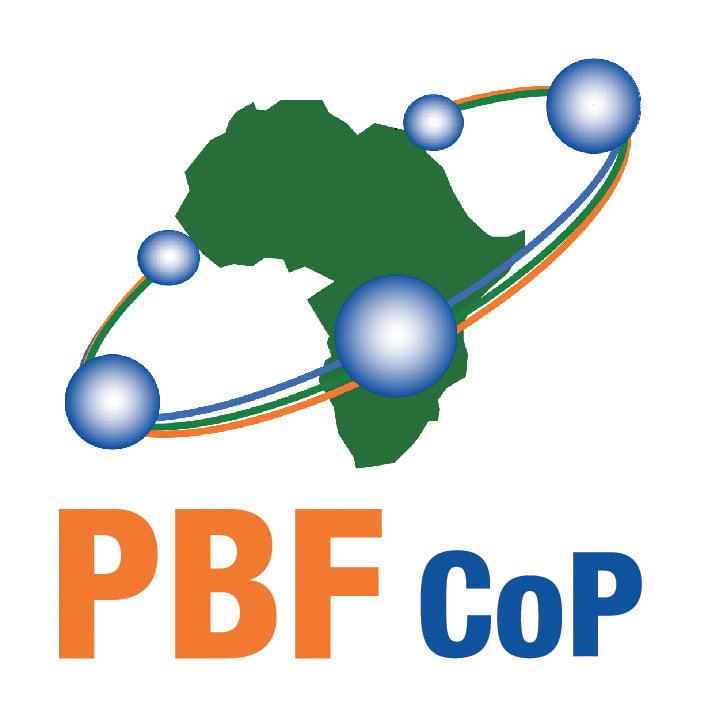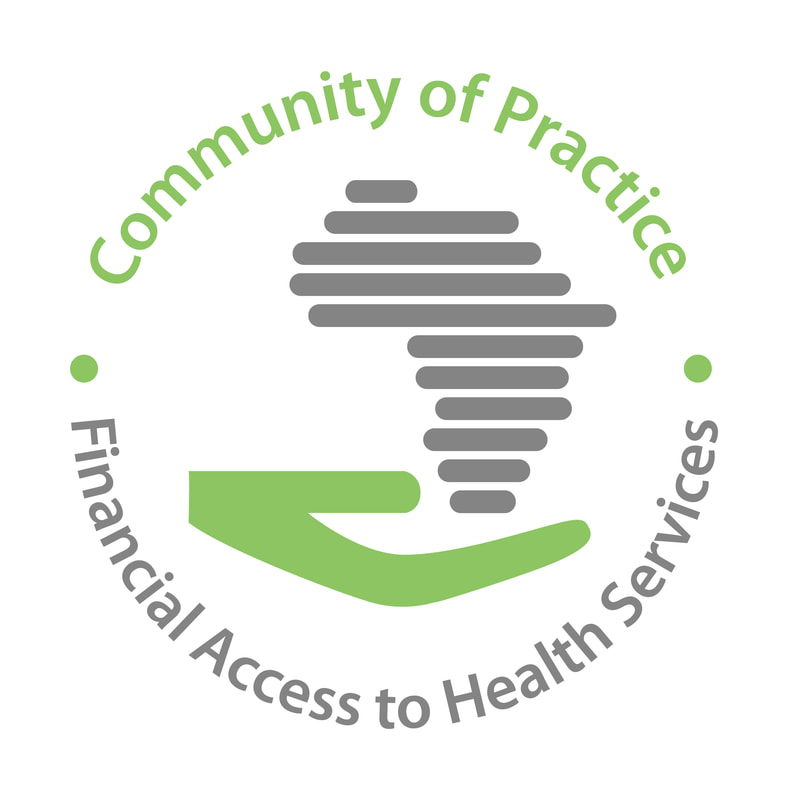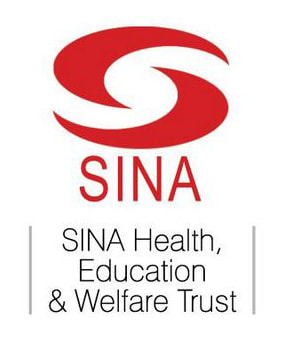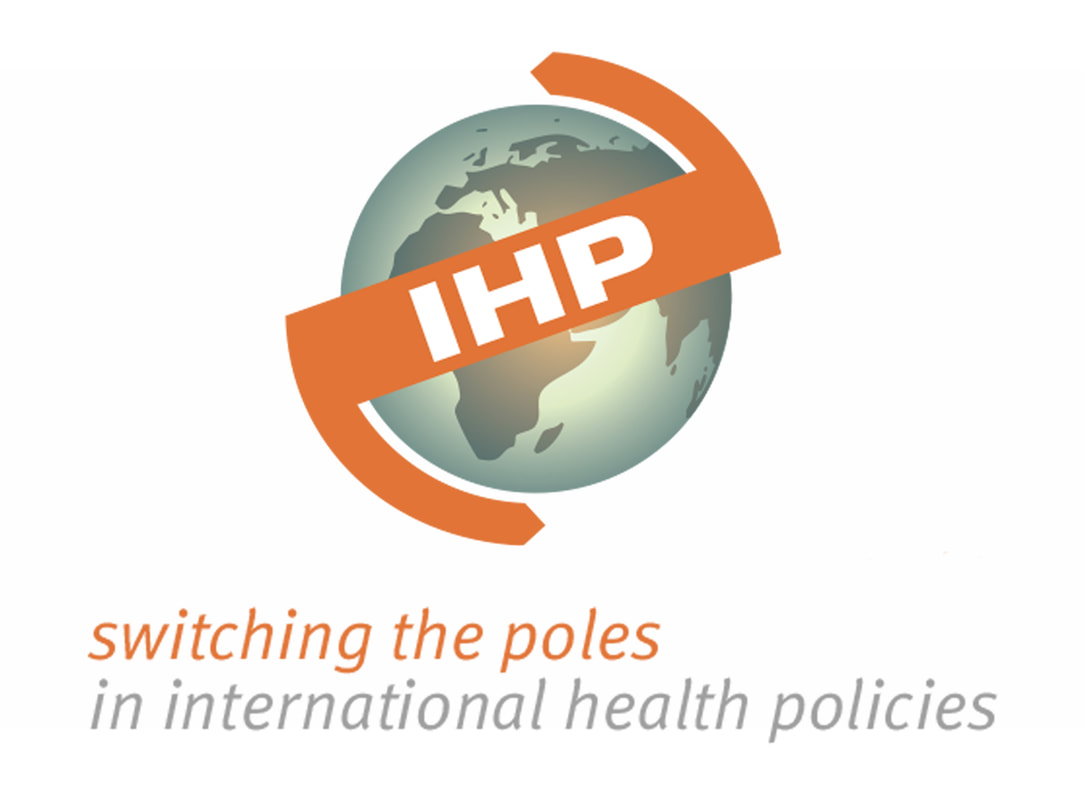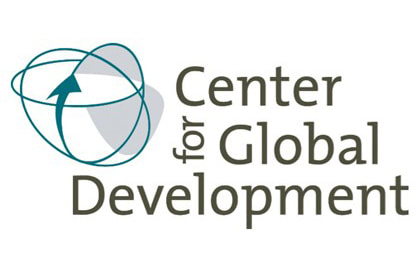Last year, Sophie Witter, Maria Bertone, Jean-Benoit Falisse and Giuliano Russo asked the members of CoP PBF via a flash consultation on Collectivity to share documents and reports on PBF in fragile settings to help them carry out a literature review under the ReBUILD project. The objective of the review was to understand the specificity of PBF schemes in fragile and conflict affected states and how the broader context can influence PBF introduction, design and implementation, and mediates PBF’s effects on the health system. In this blog, they share some reflections on their work. You can read the study in full in PLoS One.
Performance based financing (PBF) has been expanding rapidly across low and middle countries, over the last decade, and in particular in sub-Saharan Africa – and the expansion has not been without debate at both in academic journals and on the ground. So far, the literature has mostly focused on PBF impact evaluation, and still few studies have explored the relationship between context and PBF. However, the importance of the role of the context in influencing the operation of PBF, from its introduction, to the design, implementation and its effects cannot be underestimated, as well explained in a recent blog on Mozambique.
We believe that ‘context’ is a particularly significant element to be considered in particular in fragile and conflict-affected settings. At an intuitive and anecdotal level, researchers and PBF practitioners had often sensed and discussed the potential link between PBF and fragile and conflict-affected settings. Also, a number of the early PBF schemes were implemented in post-conflict settings. Therefore, our objective with this research was to explore the extent to which context (by which we mean the geographic, socio-economic structure, political organisation, and health system organisation, with specific attention to the fault lines inherited from the conflict/crisis period) influenced the design and implementation of PBF schemes in fragile and conflict-affected settings. In the literature, hypotheses about the importance of context spanned between two extremes: some (for example, here and here) had hypothesised that PBF would be unlikely to be effective in environments with, for example, low ability to absorb risk and weak information systems, while others had pointed out that it is of precisely in situations of weak institutions that there may be more potential for PBF to re-align relationships and improve accountability.
We thought that these questions deserved more attention and set out to explore the literature in relation to 53 fragile countries drawn from this list from the World Bank for the years between 2007 and 2017.
CoP PBF as key source for data collection
We reviewed 140 documents, many found in journals, donor or MoHs’ websites and other repositories, but most (42% to be precise) shared by the members of the CoP PBF. Many thanks to each of those who helped us! The experts of the CoP are surely a valuable source of much tacit knowledge and documentation for research and practice alike.
Where and when? Expansion of PBF across fragile settings
We found evidence of PBF schemes in 23 fragile and conflict-affected countries out of the total 53. We also tried to trace, map and analyse the dissemination of PBF via influential agencies, platforms and individuals. Overall, we found that, in the cases considered, advocacy and funding opportunities played a more important role as driving forces than the availability of evidence.
Why? Drivers of PBF adoption in fragile settings
On the reasons why PBF may be adopted in fragile settings, the literature reviewed pointed to some key elements. They include the larger-than-usual place of external actors in most, if not all, of the cases reviewed; the low levels of interpersonal trust and need to strengthen accountability and good governance to which PBF is seen as contributing; the lack of trust between donors and government and fiduciary concerns which PBF is seen to address by setting up an independent cash flow system directly to facilities; the flexibility (or absence) of strong institutions; the fact that interests and power relations are usually less entrenched after prolonged conflict and crisis. More complex is the relation between PBF and decentralization and facility autonomy – although often present in practice because inherited from the conflict period, decentralization and autonomy are rather de facto realities rather than openly acknowledged policies. Overall, we noted that the link between PBF and the experience of conflict and fragility was rarely explicitly made in the documents and, while there is evidence to support the points above, it was often there between the lines.
How? More questions than answers
The evidence is more mixed regarding factors supporting (or not) PBF implementation. We thought there may be more adaptation of PBF designs in fragile settings, but in fact many schemes appeared to be a copy-and-paste from the first Rwandan project. However, we found interesting cases where PBF was adapted to face the challenges of acute, humanitarian crisis, which we are analysing further (stay tuned!). In terms of PBF sustainability, which we defined at its most basic level by checking whether PBF continued over time, there are examples of start-stop(-start again?) approaches such as in Sierra Leone and Chad, but also of more sustainable schemes (Rwanda, Burundi) where PBF was linked to broader health financing/system reforms. Even less evidence is available on how the effects of PBF on the health system are mediated by features of fragility.
In conclusion
The study points to some evidence confirming that certain conditions of fragility may favour the rapid emergence of PBF -- however, many patterns we found are not unique to fragile settings and are found in other settings as well, and (importantly) fragile countries are often very different one from another. Also, the documents available on these issues are still few, and we will need primary data collection to make sense of this complexity. For now, many questions remain open. For example, does PBF rebuild accountability and trust where they are most lacking, or simply circumvent the problem? How it is affected by pre-existing levels of facility autonomy? Can PBF in fragile settings be seen as the continuation of the practice of topping-up salary, by humanitarian organisations? Is PBF better adapted to specific types of fragile settings, e.g. humanitarian/early recovery settings (and if so, how)?
It would be interesting to hear more from the CoP experts on these questions, and on your experience of designing and implementing PBF in fragile settings. In your views, how does context affect design and implementation? What do you do, or have you have done, to adapt your PBF model to the specific context?
Do not hesitate to share your thoughts in the comments section.
